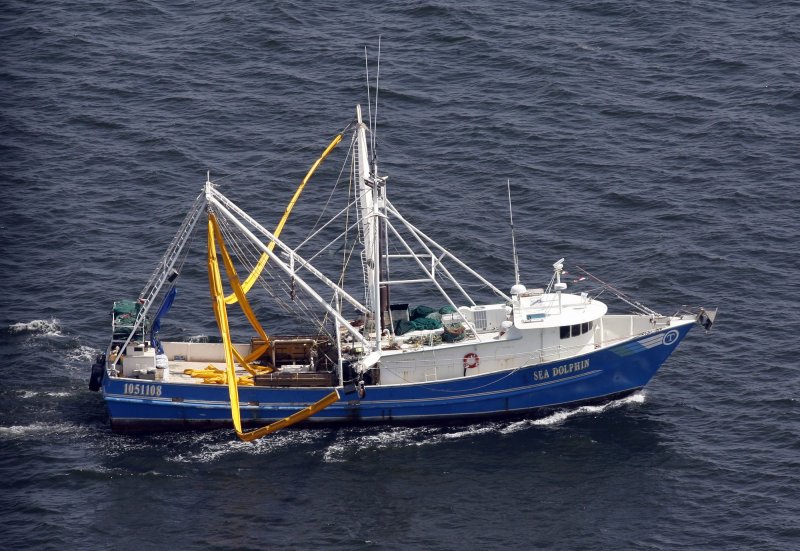VICTORIA, British Columbia, Dec. 5 (UPI) -- Current fishing trends are making iconic marine predators such as sharks, tuna, swordfish and marlin increasingly rare, Canadian researchers say.
Half of the North Atlantic and North Pacific waters under national jurisdiction have experienced a 90 percent decrease in the populations of top predators since the 1950s, researchers from the University of British Columbia report in the journal Marine Ecological Progress Series.















